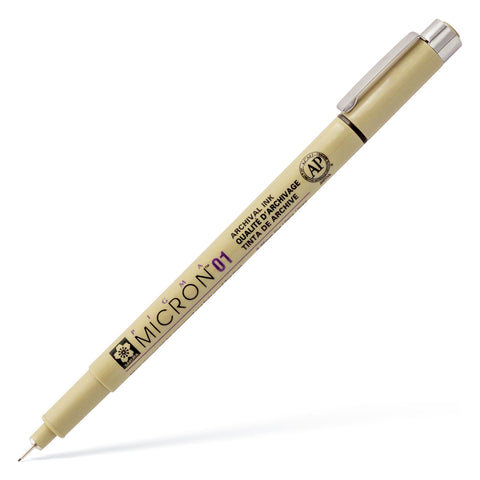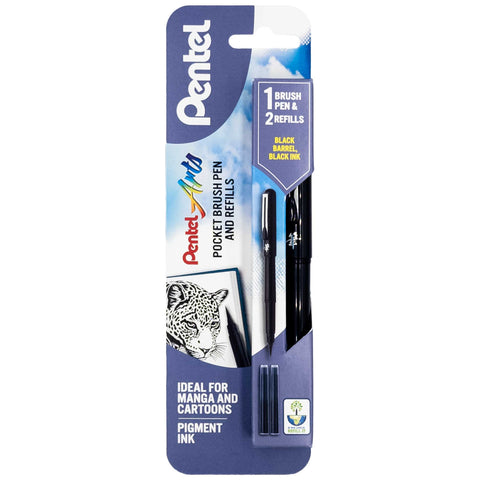Your Cart is Empty
- Calligraphy
- Calligraphy Accessories
- Calligraphy Pads
- Calligraphy Inks
- Canvas
- Cartridge Paper
- Charcoal
- Childrens
- Chinese Painting
- Clearance
- Copic Ciao Markers
- Colouring Books & Kits
- Craft & Handmade
- Craft Adhesives
- Cutters, Trimmers & Scissors
- Cutting Mats
- Drawing Aids
- Display Easels
- Drawing Boards
- Drawing & Painting Kits
- Easels
- Egg Tempera
- Erasers
- Lighting
- Light Boxes
- Lino Printing
- Luxury Art Supplies
- Markers
- Mixed Media Sets
- Modelling
- Mod Podge
- Mountboard
- Office Supplies
- Oil Bar
- Oil Paints
- Oil Paint Sets
- Oil & Acrylic Paper
- Oil Mediums & Varnishes
- Oil Paint Brushes
- Paints & Mediums
- Palettes
- Palette Knives
- Paper and Pads
- Pastels
- Pastel Paper
- Pastel Pencils
- Paint Sets
- Pens
- Pen Accessories
- Pencil Accessories
- Pencil Sharpeners
- Pencils
- Pencil Sets
- Permanent Markers
- Plaster of Paris
- Portfolios & Cases
- Portable/Field Easels
- Poster Paper
- Print Making
- Sable Brushes
- Screen Printing
- Sign Makers Accessories
- Sketchbooks
- Sketching Easels
- Spray Paints
- Storage
- Student Art Supplies
- Student Discount
- Studio Easels
- Tapes
- UK Manufacturers
- Varnish
- Vegan Art Supplies
- Watercolour
- Xyron




















